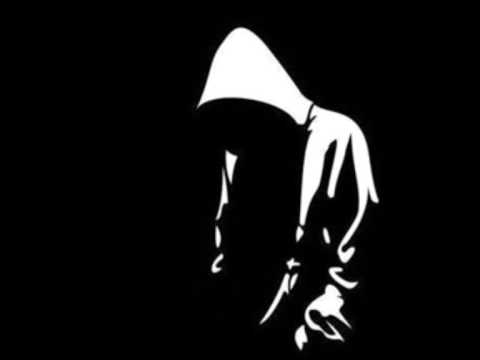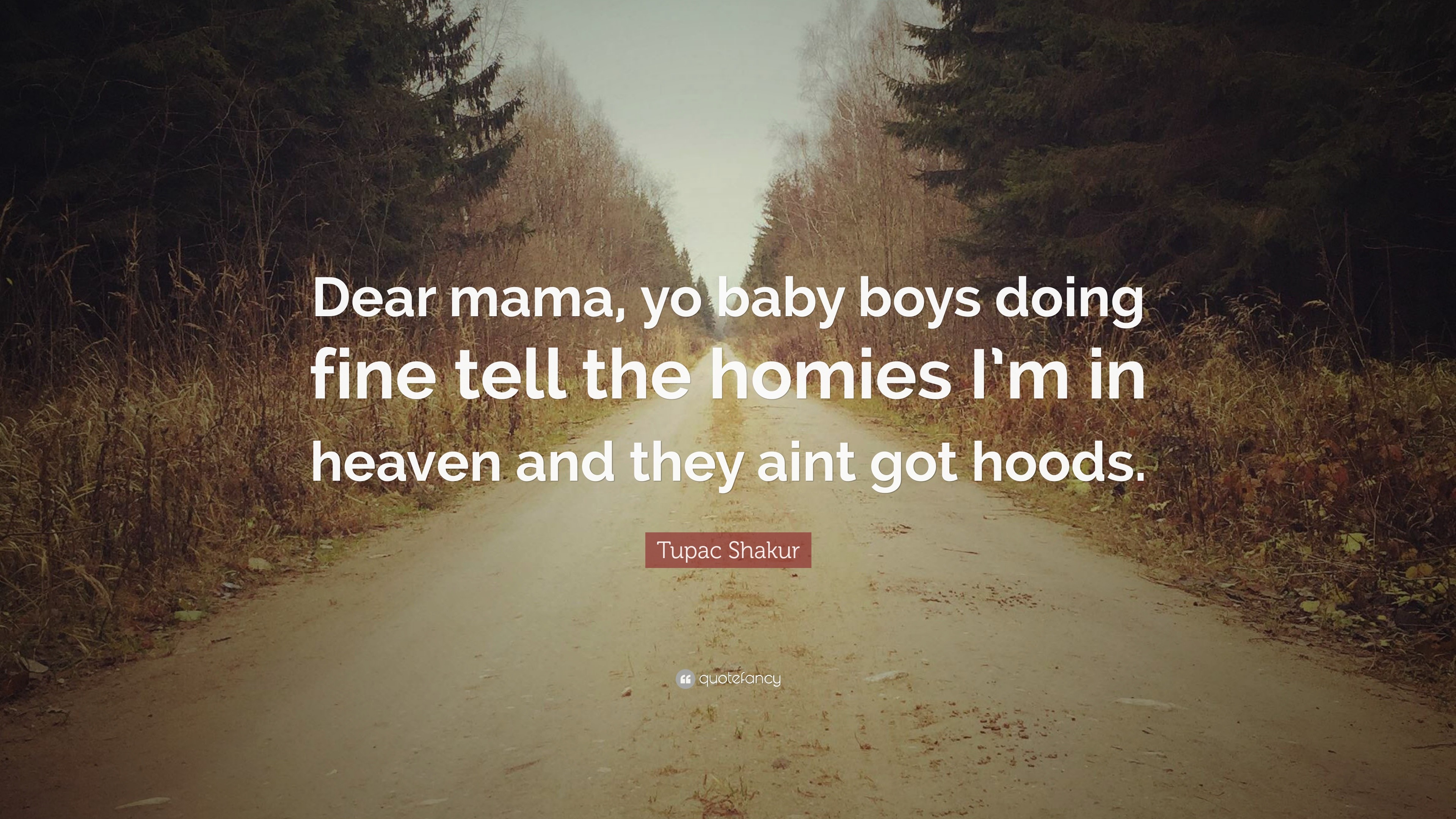

Everytime I play “Dear Mama” to a group of music teachers (no matter their backgrounds or personal tastes), the room gets completely silent, tears roll, and new hip-hop fans are created. I occasionally teach a “Hip-Hop 101” workshop to music educators who want to school themselves on the music their students love. It’s a vulnerable, touching act of grace, forgiveness and hope, in the face of depressing realities and despair. On “Dear Mama”, Tupac’s pursuit of balance and justice is stripped down to an intimate level, dealing with the relationship between a troubled mother and wayward son.

Given the depth of his most revealing writing, which runs the gamut from the extremely personal to the very broad and socially-conscious, it becomes clear, to me at least, that Tupac’s symbolic embrace of “Thug Life” was not necessarily (or not only) an endorsement of some fantasy-riddled criminal lifestyle, but also a kind of defiant alignment with the problems of the oppressed, hopeless, and confined. Here was someone very concerned with earthly troubles, spiritual consequences, and the ultimate state of his soul. On the rest of World, Tupac is psychologically claustrophobic, and completely obsessed with death visions of hearses, revenge killings, graves, and bloody shootouts abound, often with nightmarish, Edgar Allan Poe-like imagery. You’re tryin’ to raise two bad kids on your ownīut my plan is to show you that I understandĬompared to the other, relentlessly grim tracks on Me Against the World, “Dear Mama” is actually a downright happy song. Ya just workin’ with the scraps you was givenĪnd mama made miracles every Thanksgivin’

You’re in the kitchen tryin’ to fix us a hot plate I hope ya got the diamond necklace that I sent to youĬause when I was low, you was there for meĪnd never left me alone, because you cared for meĪnd I could see you comin’ home after work late It feels good puttin’ money in your mailbox I ain’t guilty cause, even though I sell rocks I needed money of my own so I started slangin’ I hung around with the thugs, and even though they sold drugs They say I’m wrong and I’m heartless, but all along He passed away, and I didn’t cry, cause my anger No love from my daddy, cause the coward wasn’t there The combination of Tupac’s careful narration, the laid-back groove, and the sung chorus (snatched sideways and recreated from “Sadie” by The Spinners) is one of the most soul-baring, truth-telling moments in hip-hop it’ll knock you out if you give it a chance. And more importantly, “Dear Mama” also succeeds in a particularly significant way, a way with which many hip-hop artists are unconcerned: it can move you to tears.

Tupac’s rapping was often melodic, and practically preacher-like in cadence and depth something any songwriter can appreciate. I was not surprised at all when Bruce Springsteen quoted and briefly discussed “Dear Mama” in an interview a number of years back, expressing his admiration for the song’s unapologetic yet complicated “mother” theme. So, in 1995, Me Against the World was often seen as another “gangsta” record, despite the intense, spiritually-driven themes Tupac explores on this album.įellow musicians and songwriters got it, however. Not only that, he had “Thug Life” tattooed across his abdomen, a felony conviction on his record, and an infamous attempt on his life still fresh at the time of this release. But alas, it was the mid-’90s, and Tupac was hip-hop through and through. It was a commercial success, and I always say that if Tupac had been a guitar-slinging rocker, critics would have injured themselves thumbing through their thesauruses in their attempts to locate the vocabulary to properly praise the emotional insularity and foreboding themes of this record. Me Against the World, the Tupac album on which “Dear Mama” first appeared, is lyrically one of my favorite hip-hop albums of all time.


 0 kommentar(er)
0 kommentar(er)
